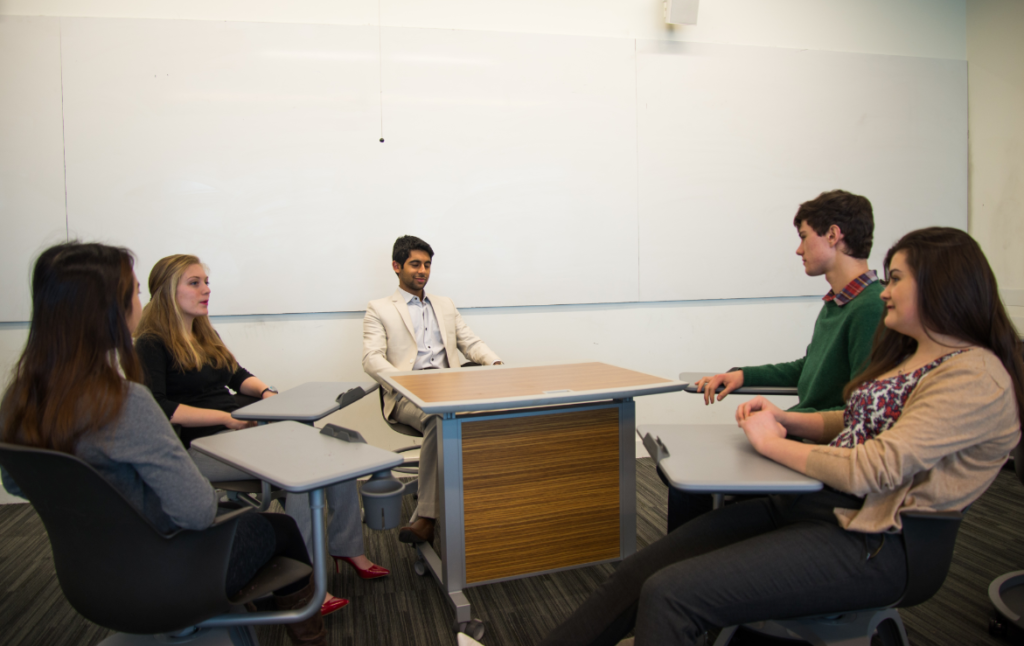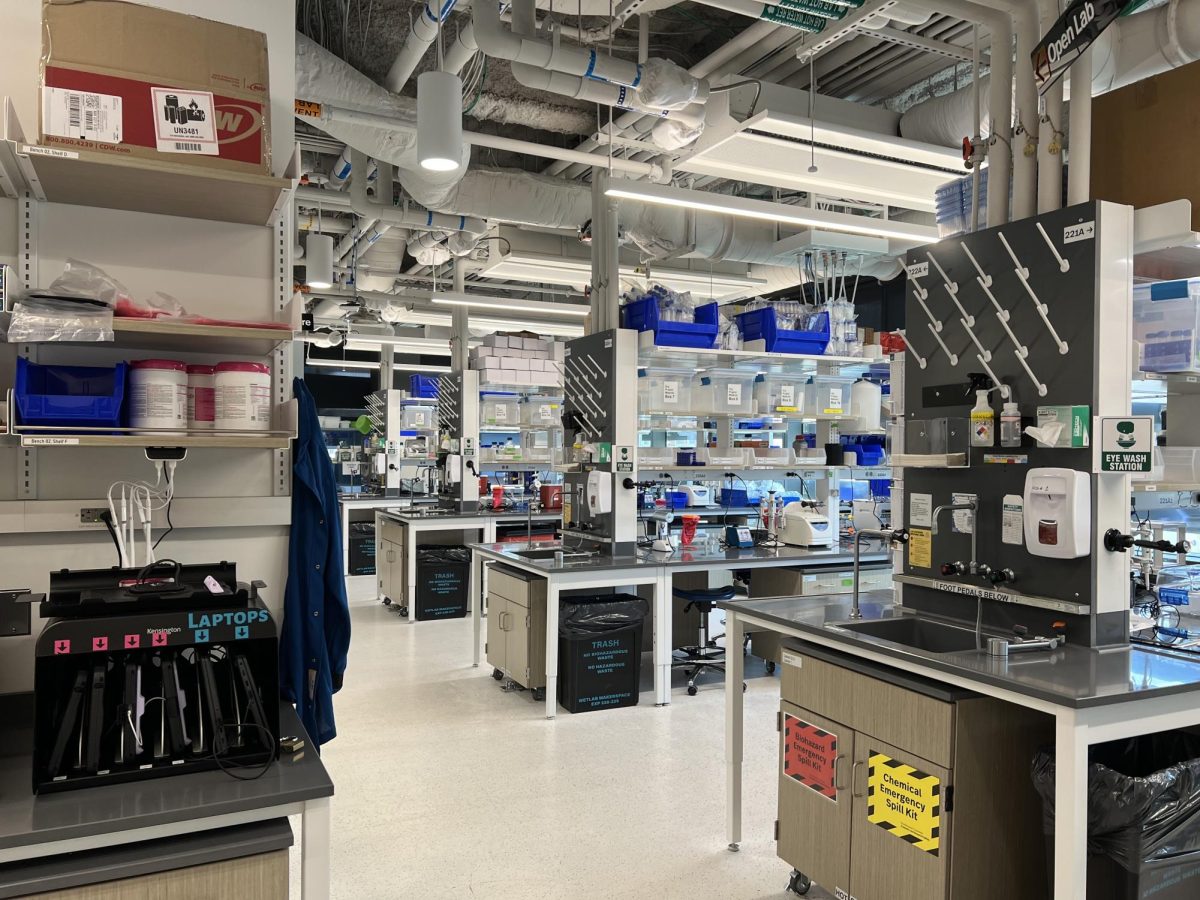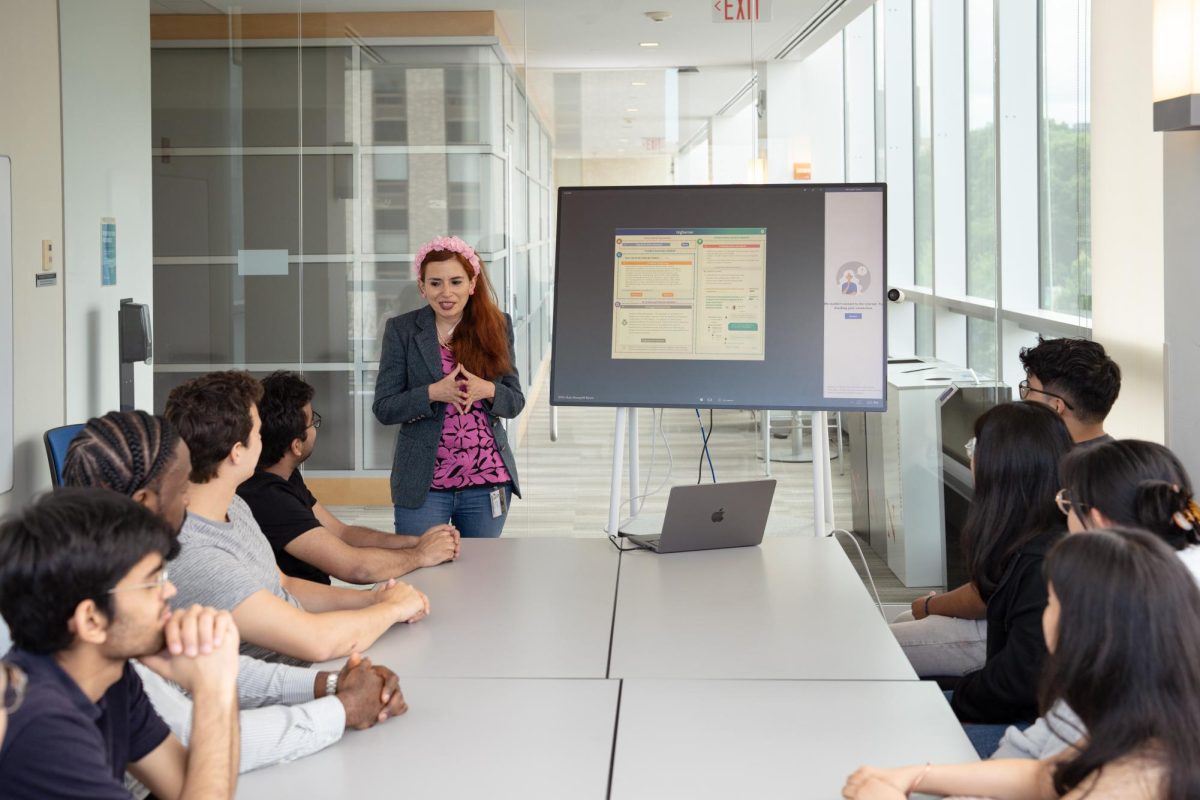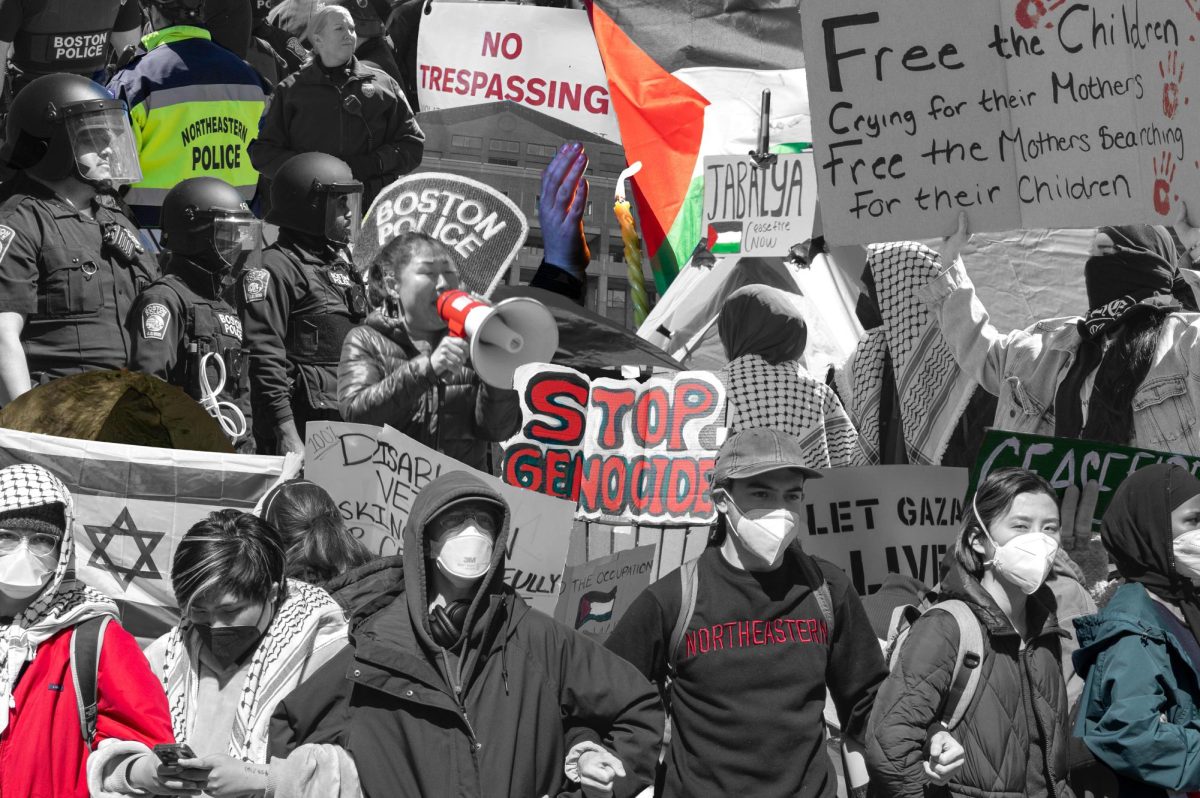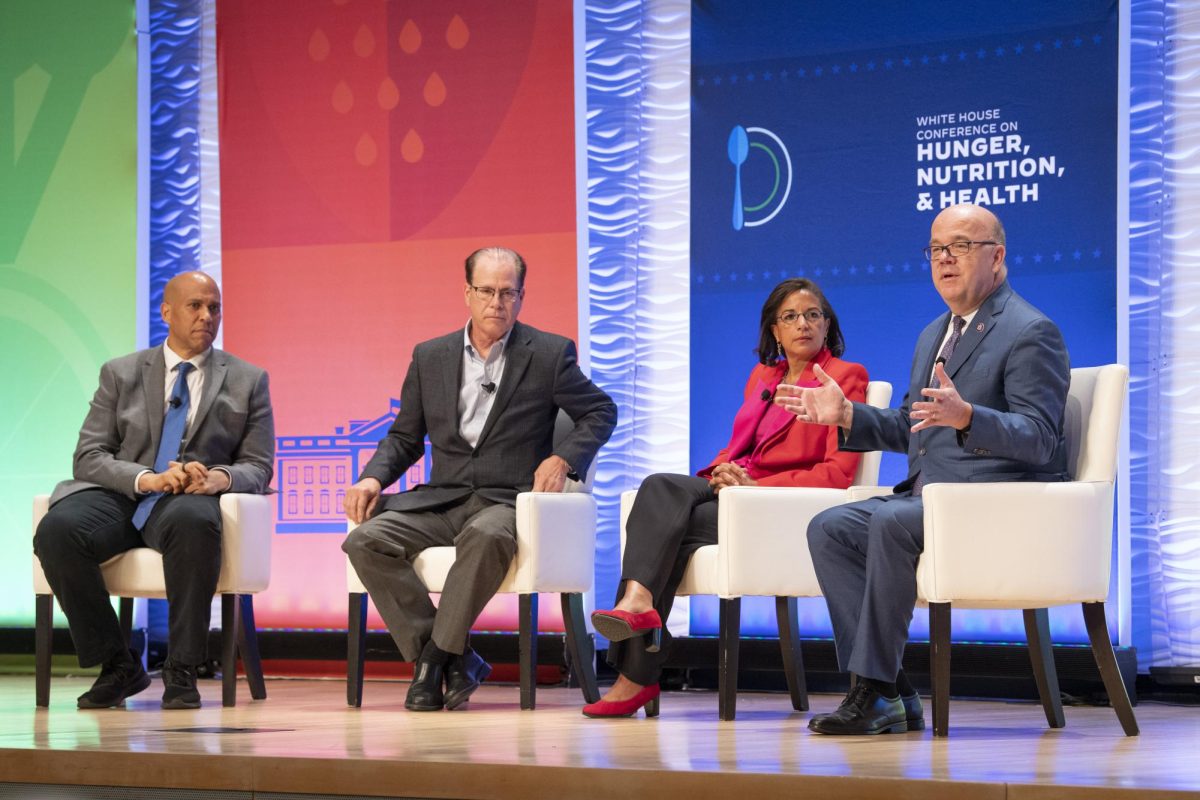By Jason Ritchey, news correspondent
A team of Northeastern social entrepreneurs has been selected as a finalist for the 2015 Hult Prize, a prestigious international contest for $1 million in start-up funds for the winner’s new business. Of more than 20,000 applicants, Northeastern is one of 50 teams accepted to attend the regional finals in Boston on March 13.
The team consists of freshmen international business majors Illiana Amador, Megan Mantaro and Kevin Joseph, as well as freshman industrial engineering major Emily Mui, freshman communications, media and screen studies major Laura Moya and undeclared freshman Rick Faletto.
Led by Amador, the team’s business, Counselor Reach, aims to train and place recent college graduates in education, psychology or other relevant fields as counselors in elementary schools. It points out that 21 percent of low-income children have mental health disorders, and 50 percent of students living with mental health disorders older than 13 years old drop out of school.
The program would require mandatory one-on-one counseling sessions and also includes programs in art, nature and sports therapy to foster mental health for students through diverse learning skills.
Counselor Reach was initially a freshman Global Social Entrepreneurship honors seminar taught by C. Sara Minard, executive professor of entrepreneurship and innovation.
“I took some of the curriculum I’d been teaching at Columbia and brought it into this class of excited and scared 17- and 18-year-olds,” Minard said. “It was challenging for them. It was graduate-level work in the first semester of their college career, but they jumped into it.”
Minard knew she had to present students with opportunities outside of the classroom.
“Most who apply [for the Hult Prize] are business school students, but they also have very successful young innovators from around the world,” Minard said. “It was created to tap into students’ impulses to make the world a better place.”
Early in the semester, Minard had her students brainstorm issues they cared about. From there, the class voted on the best ideas and created teams of three to five students for each. Amador chose to work on early childhood education, which happened to be the theme of this year’s Hult Prize.
“I think the only change-the-world idea I had going into the class was from 2011 when I worked at an after-school care program,” Amador said. “A bunch of the kids I worked with had a fair bit of problems and they’d come to me, but I was 14 or 15 and what did I know about life, let alone what to do concerning abuse or social problems at school or their parents getting divorced?”
Amador said the concept has developed significantly since September. She said her initial two teammates, Mui and Moya, were instrumental in refining and developing the idea, as was Minard.
“The original idea for Counselor Reach consisted of only counseling sessions for the children,” Mui said. “We quickly realized that not all children would be able to respond to one-on-one conversations with an adult; they needed a greater variety of ways to express themselves.”
Thus, she said, alternative methods like art therapy were incorporated into the proposal.
“[Amador is] drawing from her personal experience, which is good, and building off of other ideas that are proven, which is really important for social entrepreneurship and innovation,” Minard said. “She also had a very serious and professional approach to this. I don’t know where it’s going to end up, but no matter where it does, she’s learned a lot.”
Minard’s course included attending NEXPO, Northeastern Venture Accelerator IDEA’s trade show of ideas.
“Being new to the institution, I didn’t know the rules, so I signed up my class to participate,” Minard said.
The class of 19 attended and presented its projects at NEXPO on Nov. 20.
“There were a lot of impressed people,” Minard said. “You would not have thought they were freshmen. NEXPO was a pivotal moment for the class.”
When Counselor Reach was accepted as a finalist for the Hult Prize, Moya and Faletto found themselves unable to attend to regional finals, so Amador brought on Mantaro and Joseph. They, along with Mui, are the four attending the March 13 competition.
Were the team to win the regional finals, it would participate in a two-month-long accelerator training summer program by the Hult International Business School in Boston to further refine its proposal along with the winners from the four other regions. The Hult Prize winner is announced in September at the Clinton Global Initiative, and is expected to immediately begin implementing its social enterprise with the $1 million.
Until March 13, the team is working on the image of the project, from redesigning the logo to refining and solidifying the presentation. In addition to taking advantage of the diversity already involved, Amador is reaching out to Northeastern professors and the Center of the Developing Child at Harvard to get additional feedback – all in preparation for the final competition.
“We’ll be networking and working with a large and influential group of people because, in the end, network is what it’ll come down to,” Amador said. “I don’t think any other freshman at any other school would have had the opportunity and structured ability for a professor to tell a freshman ‘Here’s this project where you’ll compete against grad students.’ Northeastern really pushes real-world experience.”
Photo by Arzu Martinez


